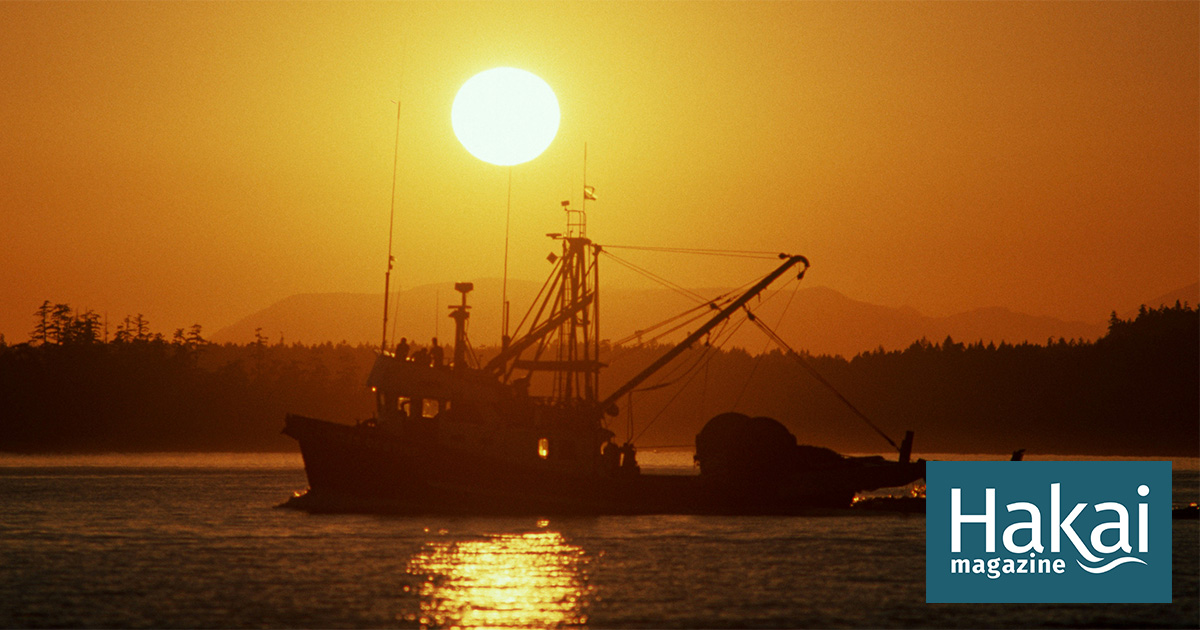Thought this was interesting..
The PSSI could also impact First Nations commercial fisheries.
Commercial access to salmon for most First Nations governments is through agreements with the Canadian government, says Jim Lane, deputy program manager of Uu-a-thluk, the Nuu-chah-nulth Tribal Council’s aquatic resource management organization. DFO issues nations with communal commercial licenses so that Indigenous communities can participate in commercial fisheries under regular commercial fishing license rules. That means those communities are stuck waiting for DFO to open a fishery before they can put nets in the water, just like the rest of the commercial fleet, Lane says.
Five First Nations will likely be exempt from the closures, says Judith Sayers, president of the Nuu-chah-nulth Tribal Council and a member of the Hupačasath First Nation in Port Alberni, British Columbia.
Earlier this year, the Nuu-chah-nulth won a court case in the BC Court of Appeal that confirmed First Nations rights to commercial fisheries. For the Ahousaht, Hesquiaht, Mowachaht/Muchalaht, Tla-o-qui-aht, and Ehattesaht First Nations on western Vancouver Island, their right to fish salmon is second only to conservation efforts, Sayers says.
She also points to the 1990 Sparrow case when the Supreme Court of Canada ruled the rights of First Nations to fish are second only to conservation. The BC Court of Appeal declared that right for the five Nuu-chah-nulth nations, but other Nuu-chah-nulth nations have asserted they have the same rights, Sayers said.
DFO has largely branded the PSSI as a conservation effort, but Sayers isn’t sure if it could currently trump First Nations rights. First Nations would never want to endanger salmon runs when conservation is needed, but the PSSI hasn’t identified any specific conservation plans, she says, adding that conservation should be determined with input from First Nations using Indigenous traditional ecological knowledge.
The PSSI closures will reduce how many fish are caught by the commercial fleet, but it might not reduce how many Pacific salmon are caught overall, Lane says. DFO is currently updating its Pacific Salmon Allocation Policy, which says how many fish can be caught by other main harvesting groups—First Nations for food, social, and ceremonial reasons, and recreational fishers. Allocation will also take into account the five Nuu-chah-nulth nations and their court-recognized right to fish commercially.
Lane says releasing the PSSI before updating the allocation policy seems premature. Saving some fish from commercial nets isn’t saving them if they’ll just be caught by the recreational industry, which hasn’t faced sweeping closures under the PSSI, Lane says. “That’s not conservation, just reallocation,” he says.


